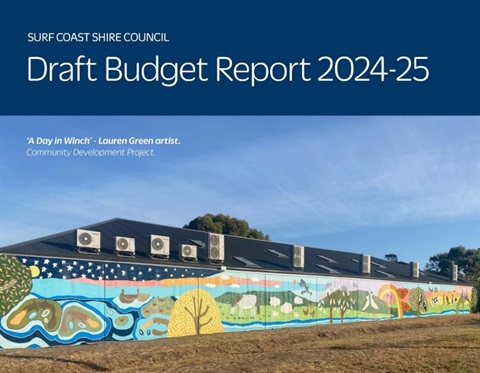On this day, 19 July, in 1979, the National Farmers’ Federation (NFF) was established to represent the interests of all Australian farmers.
Since its inception in 1979, the NFF has earned a formidable reputation as a leader in the development and achievement of policy outcomes, championing issues affecting farmers and helping to advance Australian agriculture.
The NFF brought together the many disparate organisations of the day – unifying the often conflicting agendas at the national level.

The NFF is known and respected for leading high-profile policy battles on issues such as workplace relations, tax, the environment and international trade reform… to name just a few.
The development of the comprehensive agricultural ‘blueprint’ Farm Focus: the 80’s was a major policy influencing benchmark.

The NFF’s first President was the late Sir Donald Eckersley OBE. He was a Western Australian dairy farmer and was described as one of the finest farm leaders Australia has ever seen.
Sir Eckersley served as President from 1979 to 1981 and passed away after a brief illness in April 2009.
The first Executive Director of the NFF was Major-General John Whitelaw. He served as Executive Director from 1979 to 1985.

Two years after the NFF was established, it was decided to build a headquarters in Canberra, right down the road from Parliament House (or what is known as the Old Parliament House today).
A building fund was launched by Prime Minister Malcolm Fraser and the NFF President in 1982. The building fund raised $1.4 million in donations, investments and pledges in its first year.
Federal Minister for Primary Industries, the late Michael Davidson OBE, and the NFF President turned the first sod for the NFF House construction project in Brisbane Avenue, Barton in 1983.

The building was officially opened on 14 May 1985 by Prime Minister Bob Hawke and the NFF President Ian McLachlan AO, giving a permanent and prominent focus to the NFF as the voice of Australian farmers in Canberra and in the federal policy debate.


Notable achievements
In July 1985, faced with high taxes and interest rates that were choking rural business, Australia’s farmers conducted one of the biggest rallies in Canberra’s history (the largest ever held outside the now Old Parliament House) – with 45,000 farmers, their families and supporters gathering outside Parliament House to make their views known.

The farm rally was also significant as the launch date for the NFF’s Australian Farmers’ Fighting Fund (AFFF) – a pool of money to be used to fight precedent-setting legal cases on behalf of farmers in the courts and the Australian Industrial Relations Commission.
Since then, the AFFF has asserted the interests and rights of farmers in numerous cases, representing them against unfair or ineffective practices that hinder the viability of farm businesses.
The NFF was the only advocacy group to earn a hearing with United States’ (US) President George Bush Snr during his Australian visit in 1992 – expressing the Australian farm sector’s outrage at the US farm subsidy program.
The NFF presented a petition of over 60,000 signatures calling on President Bush to support fair trade by halting US agriculture export subsidies and to lobby other world leaders to do the same.
For the first time, President Bush acknowledged the damage American policies were causing Australian farmers, thereby, giving the NFF’s call widespread national and international coverage.

The NFF has led Australian farmers in being pivotal in the development of some of the most significant national environmental initiatives of the past 20 years.
NFF lobbying won the expansion of the One Billion Trees program – the biggest tree planting exercise in Australian history.
The NFF were also fundamental in establishing Landcare, a program that promotes the importance of sustainable agricultural systems and sustainable natural resources.
One of the most significant achievements in natural resource management came in 2003, when the NFF successfully lobbied the Australian and State Governments for an Intergovernmental Agreement for a National Water Initiative, the aim being to provide environmental sustainability and long-term resource security for farmers, the environment and all Australians.

Today the NFF has more than 30 members ranging from state and commodity groups and run with a small and dedicated team of 16 people from diverse backgrounds in Australian agriculture.








